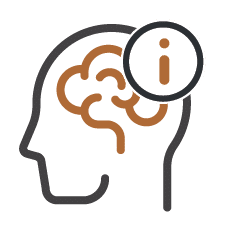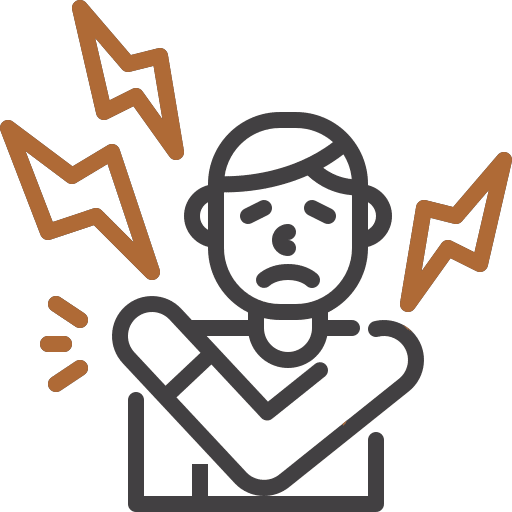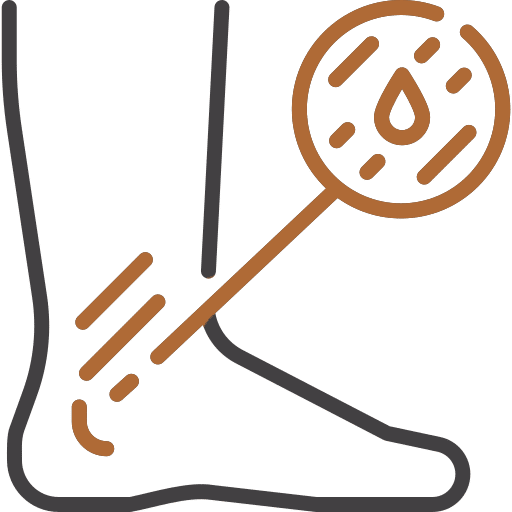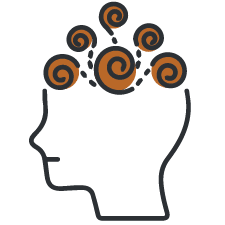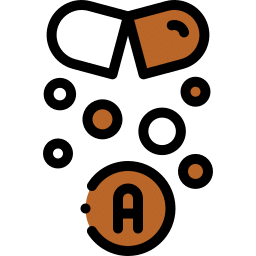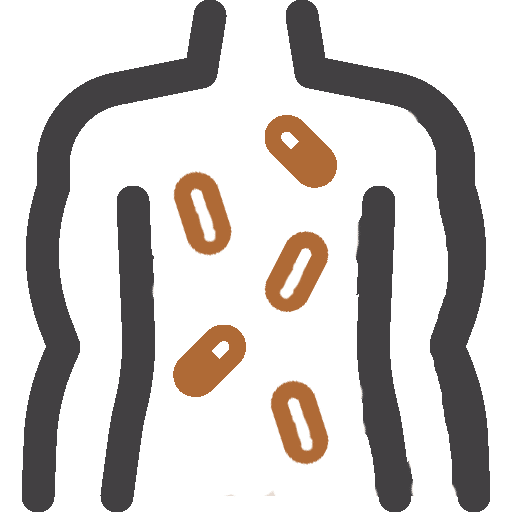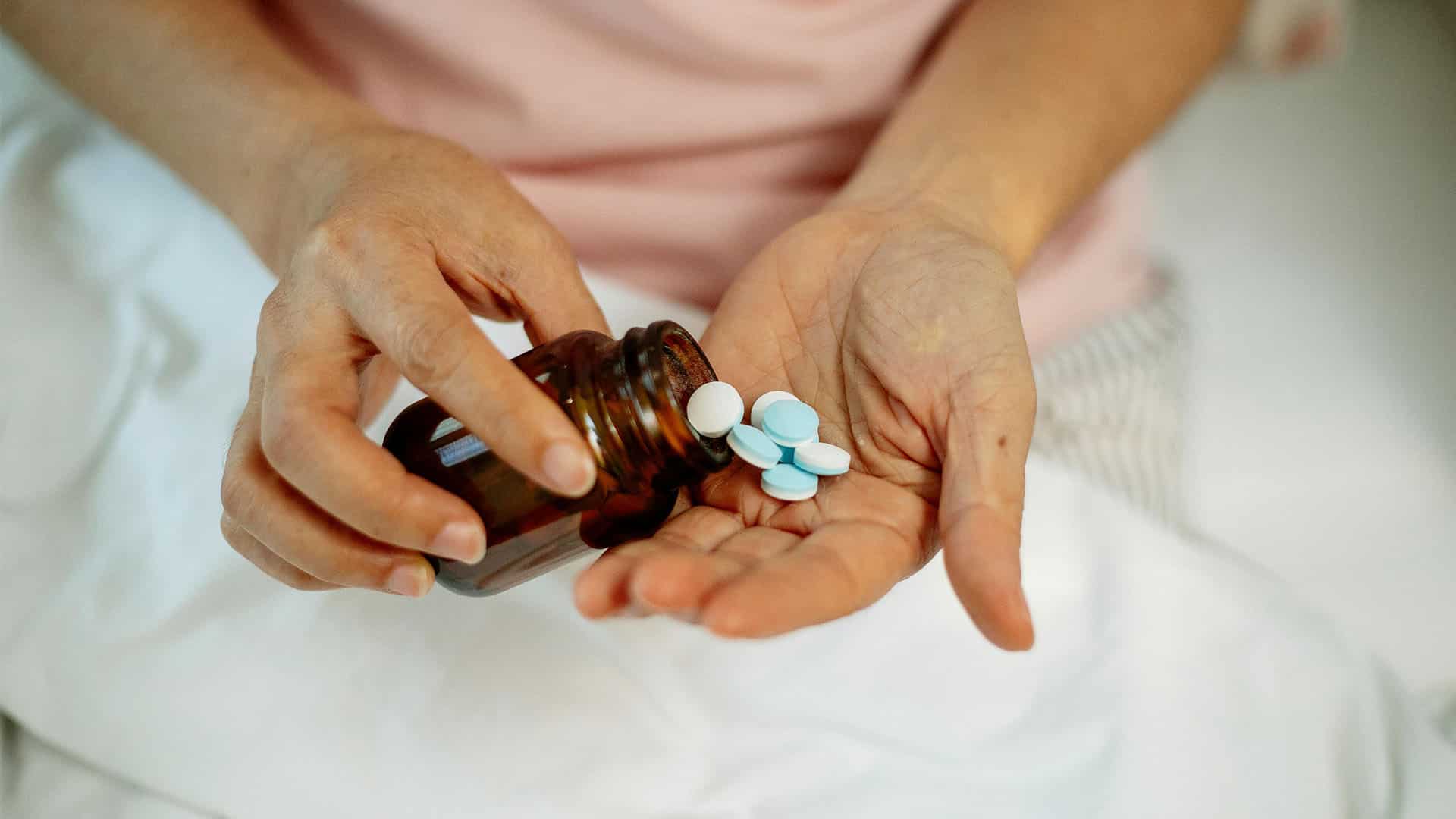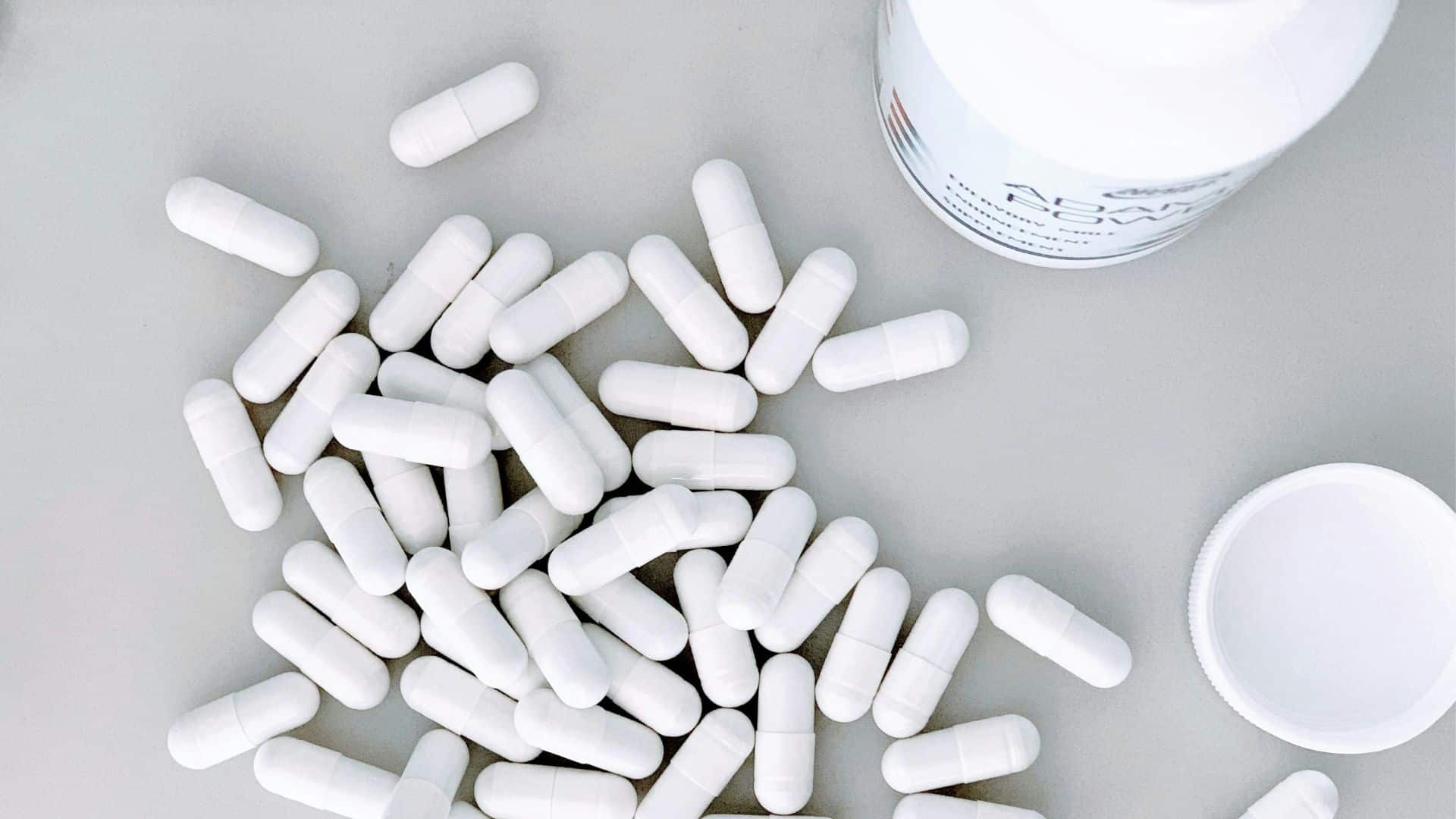Gabapentin, commonly known by its brand name Neurontin, is a medication widely used to treat various conditions, including nerve pain and seizures. While it is FDA-approved and prescribed for legitimate medical purposes, gabapentin also has the potential for misuse and addiction.
This comprehensive guide will delve into what gabapentin is used for, how it works, its addictive properties, and the importance of addressing gabapentin addiction with appropriate addiction treatment strategies.




